The projects which are being implemented by the Emirates Identity Authority will enormously support the UAE economic growth initiatives and will play a pivotal role in the prosperity of eCommerce, H.E. Dr. Eng. Ali Mohamed Al Khouri, Emirates ID Director General, said. This demands the entities in charge of the eGovernment projects to start creating their visions and plans for re-engineering procedures at the UAE level in such a manner that ensures the integration and correlation of systems in government organizations, he added.
This was announced in a working paper titled “eGovernment transformation: A study of the case and development criteria of eServices in GCC countries”, with which Al Khouri participated in the 17th GCC eGovernment and eServices Conference, which concludes in Dubai tomorrow (Wednesday).
Al Khouri explained that the entities in charge of eGovernment projects should spot the general policies for facilitating government services, innovating new ones with appropriate implementation mechanisms and checking performance indicators and results to monitor these mechanisms.
These entities are entrusted with the major task of leading the new stage of the eGovernment transformation, creating a clear and viable vision for re-engineering procedures at the UAE level and carrying on work to ensure the correlation of systems in government organizations, he said, noting that the integration of systems should contribute to creating what is known as one shopping station or comprehensive service station, adding a sort of transparency and ensuring ease of use.
The working paper described eGovernment as a harmony between what information technology provides on the one hand and the needs for developing the infrastructures of systems and managing the flow of information among its organizations on the other. This should contribute to achieving the UAE strategic objectives and fulfilling the governance requirements in the digital age.
The ability to use and adapt the information technology is the decisive factor for developing knowledge-based communities and economies, the working paper said, noting that despite the huge investments in eGovernment projects in many countries of the world, the desired objectives of these projects have not been achieved yet.
The working paper explained that moving gradually to the advanced stages of eGovernment demands the work of organizations to be radically re-organized, particularly with respect to the flow of data among the different systems, and clear and more transparent policies to be developed. This stage will lead to a substantial reduction in administrative burdens and costs, not to mention the fact that developing and upgrading eServices will narrow the digital gap, the working paper said.
The working paper emphasized that benefiting from the multiple eServices, including the electronic signature feature, would contribute to supporting the economy, form the infrastructure of eCommerce and provide an element of trust in electronic transactions, which would bring about a new quantum leap in this significant field.
The GCC countries started carrying out new projects that would have a great effect on supporting eGovernment projects in these countries, the working paper explained. One of the most prominent of these projects is the advanced ID systems, which grant every individual a smart ID card with advanced electronic features, it said. These projects include developing infrastructures for digital IDs while smart cards contain digital certificates with personal identification codes that allow the identity of individuals to be identified, it added.
The working paper pointed out that the GCC countries have a large percentage of people with access to the Internet in addition to an infrastructure and a network with standard global criteria and scales. The GCC countries play a major role in bridging the digital gap and this demands the governments to devise the policies necessary for developing their human resources in a bid to keep pace with the developments of the digital world “we live in” and contribute to building a robust information community and a knowledge-based economy, the working paper added.
It is noteworthy that the 17th GCC eGovernment and eServices Conference is one of the largest conferences witnessed in the region. Its current edition sees the participation of around 400 officials and decision-makers involved in government projects and electronic transactions in addition to information and communication technology experts and regional and international speakers.
The conference discussed a number of topics including the eGovernment strategies and global competitiveness; the challenges facing the GCC government organizations in providing online services as per the global standards; eGovernment system governance; cyber terrorism, information security and online privacy in GCC countries.
Besides, the conference reviewed a number of experiences by government and private organizations from Japan, Singapore, US, Canada, European Union and GCC countries with the aim of keeping the attendees abreast of the latest updates of eServices in these organizations.
Latest Posts

Identity and Citizenship: Less than 00 days left until the deadline for settling the status of violators
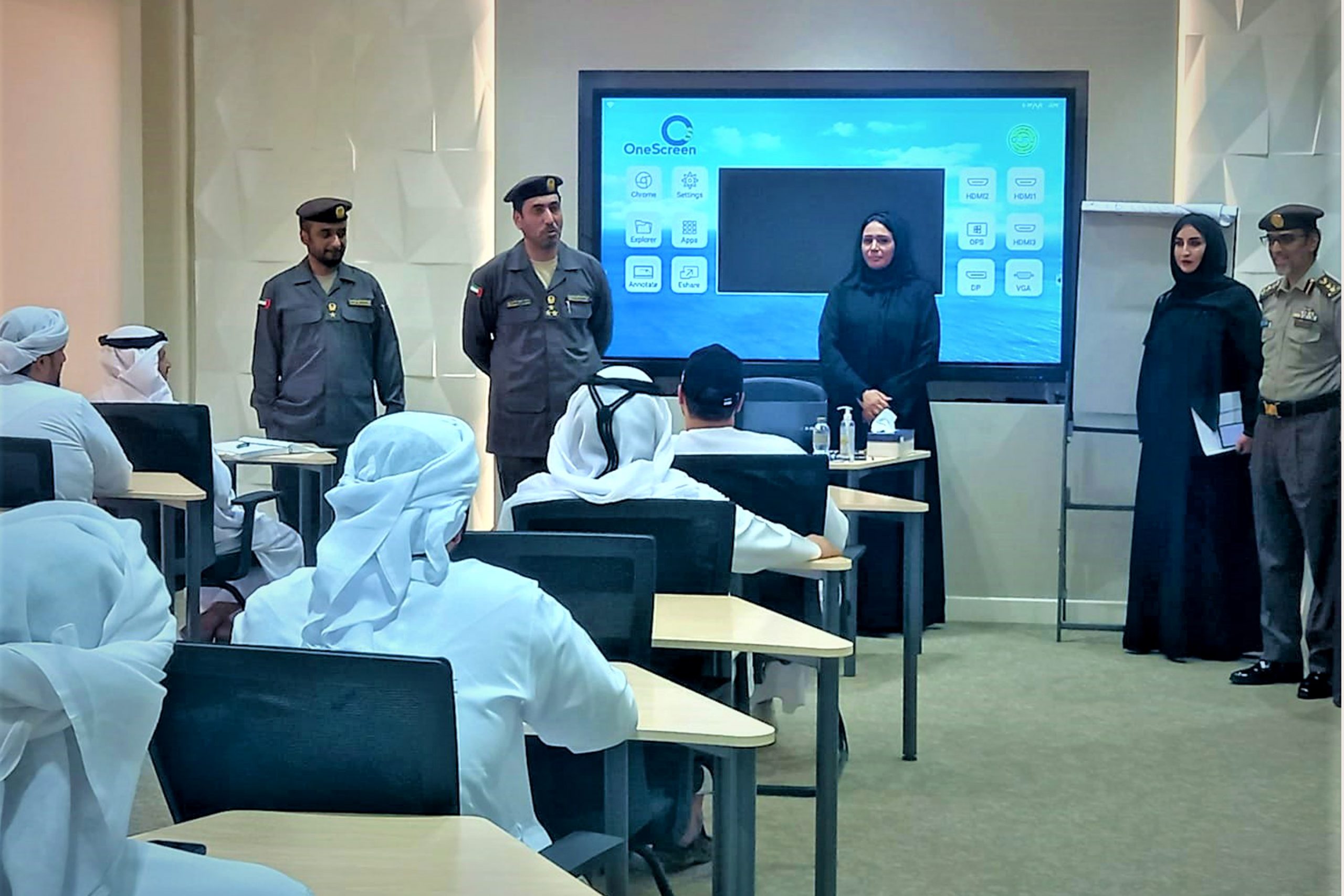
The Emirates Academy for Science and Training Receives the 11th Batch of Students
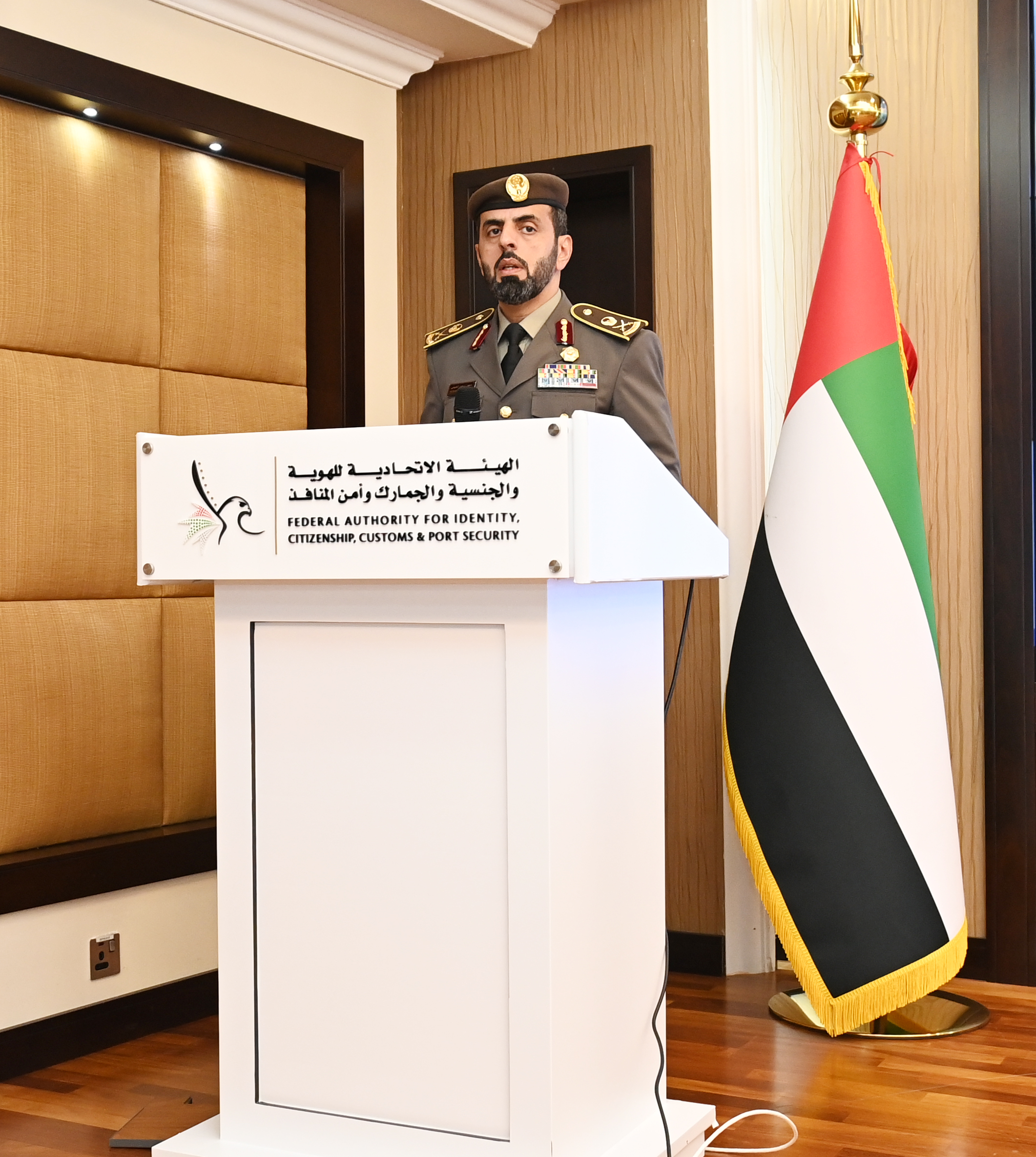
ICP Marks the International Law Day

“ FEDERAL AUTHORITY FOR IDENTITY, CITIZENSHIP” celebrated the graduation of students from the “Emirates Academy for Science and Training.”

ICP Concludes the Events of the Authority Head’s Shooting Tournament at Police Sports and Shooting Club in Ajman
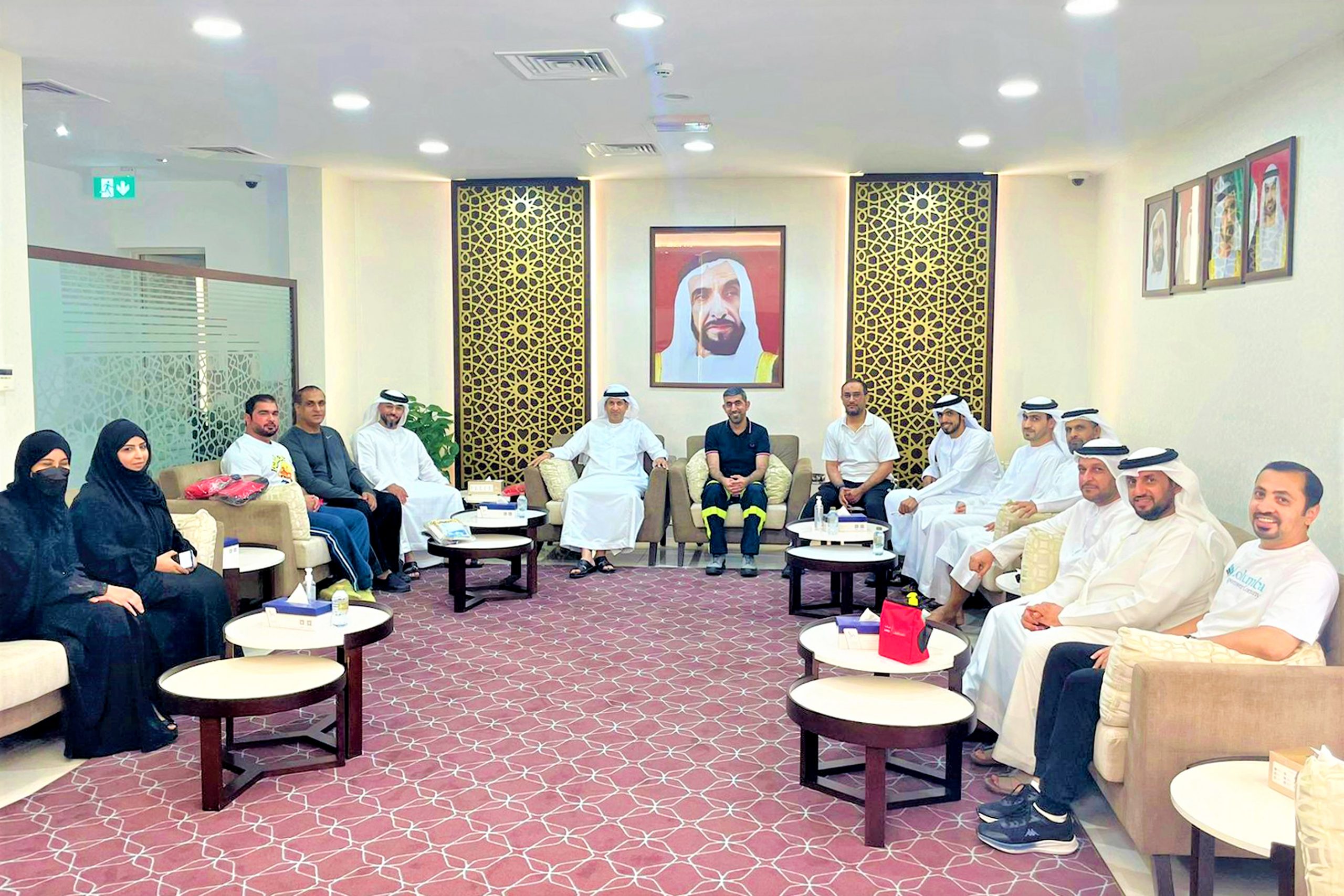
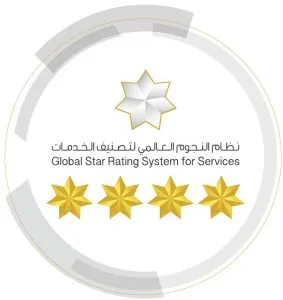

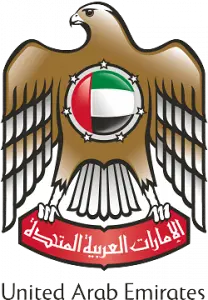
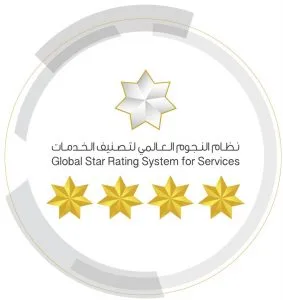
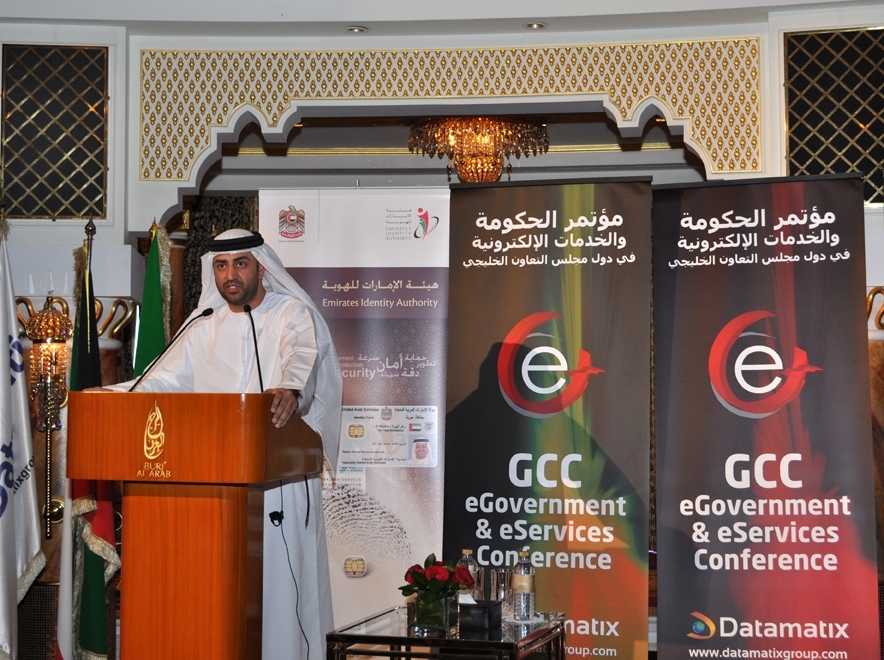
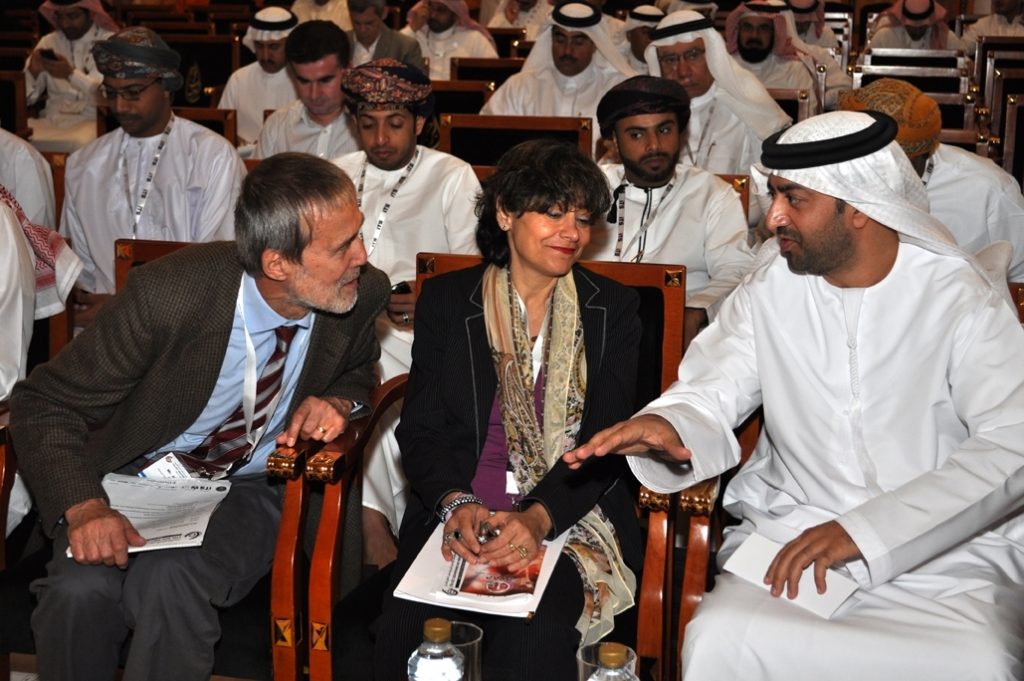
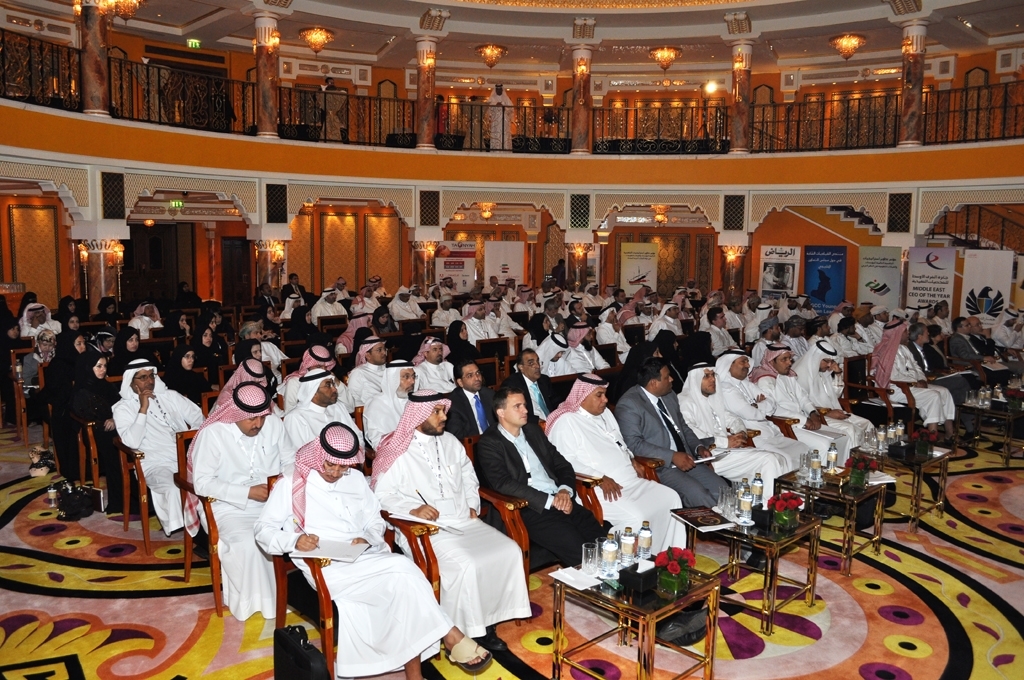
Rate your experience